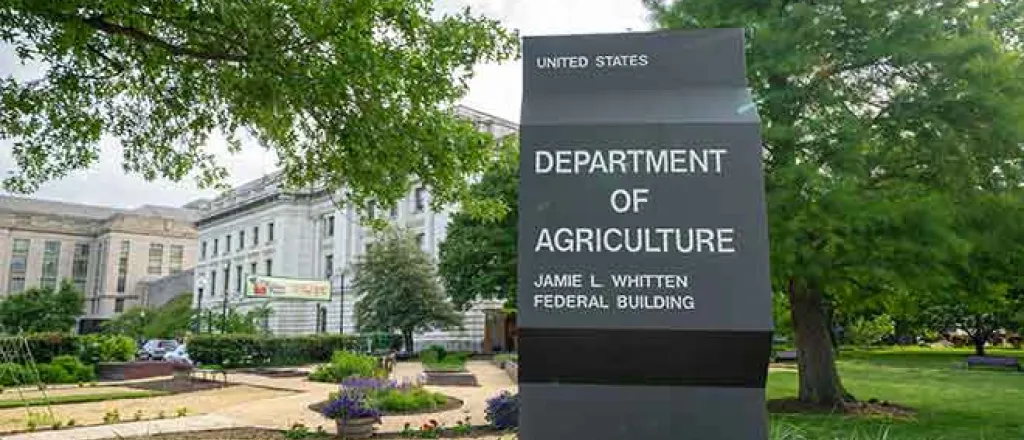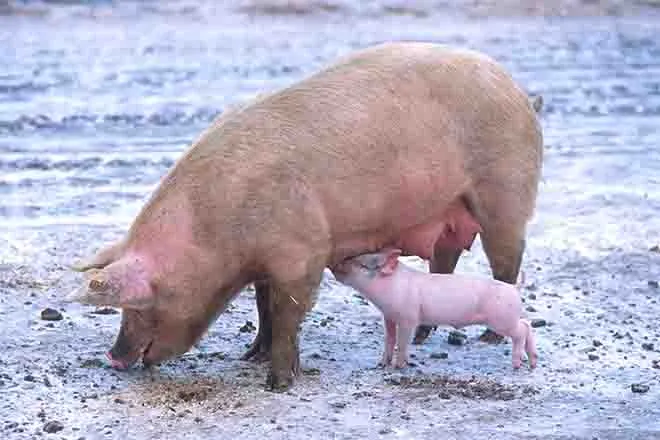
USDA rule could level playing field for livestock producers
Click play to listen to a version of this article.
(North Carolina News Service) Backers of a new federal rule said it will increase fairness for livestock and poultry producers across the country.
The U.S. Department of Agriculture has finalized its Inclusive Competition and Market Integrity rule, under the Packers and Stockyards Act this month. Advocates said it is a big step in addressing discrimination and even deception smaller livestock and poultry producers have faced for decades, from corporations they contract with to bring their products to market.

iStock
Aaron Johnson, policy co-director for the Rural Advancement Foundation International-USA, explained some of the long-standing concerns the rule addresses.
"One thing that we have documented in past reports is the tendency of integrators to present the terms and the potential benefits of the contracts they're offering during the recruitment process with growers in what we would assess to be deceptive terms," Johnson explained.
In addition to misleading contract terms, he noted some farmers were recruited within months of a plant being closed. He contended with the new rule, such issues can be prevented. It will go into effect 60 days after it is published, and producers will be able to use a Farmer Fairness Portal to submit their concerns to the Packers and Stockyards Division.
North Carolina poultry farms produce almost 8 million turkeys annually. Johnson emphasized the rule will work in tandem with another recent rule giving poultry farmers a more accurate estimate of the income they will receive with a contract. He believes even more could be done to strengthen protections for livestock and poultry producers in the performance-based payment system known as the "tournament system."
"One thing that hasn't been addressed by these two rules, as of yet, is really robust and targeted reform of the tournament system itself," Johnson stressed. "One thing I would highlight is that the tournament itself is one of the systemic facilitators of retaliation."
By "retaliation," he asserted some farms have had their contracts cut short and have even been driven out of business. He predicted more rules addressing issues in the tournament system and manipulation of cattle prices are expected.













